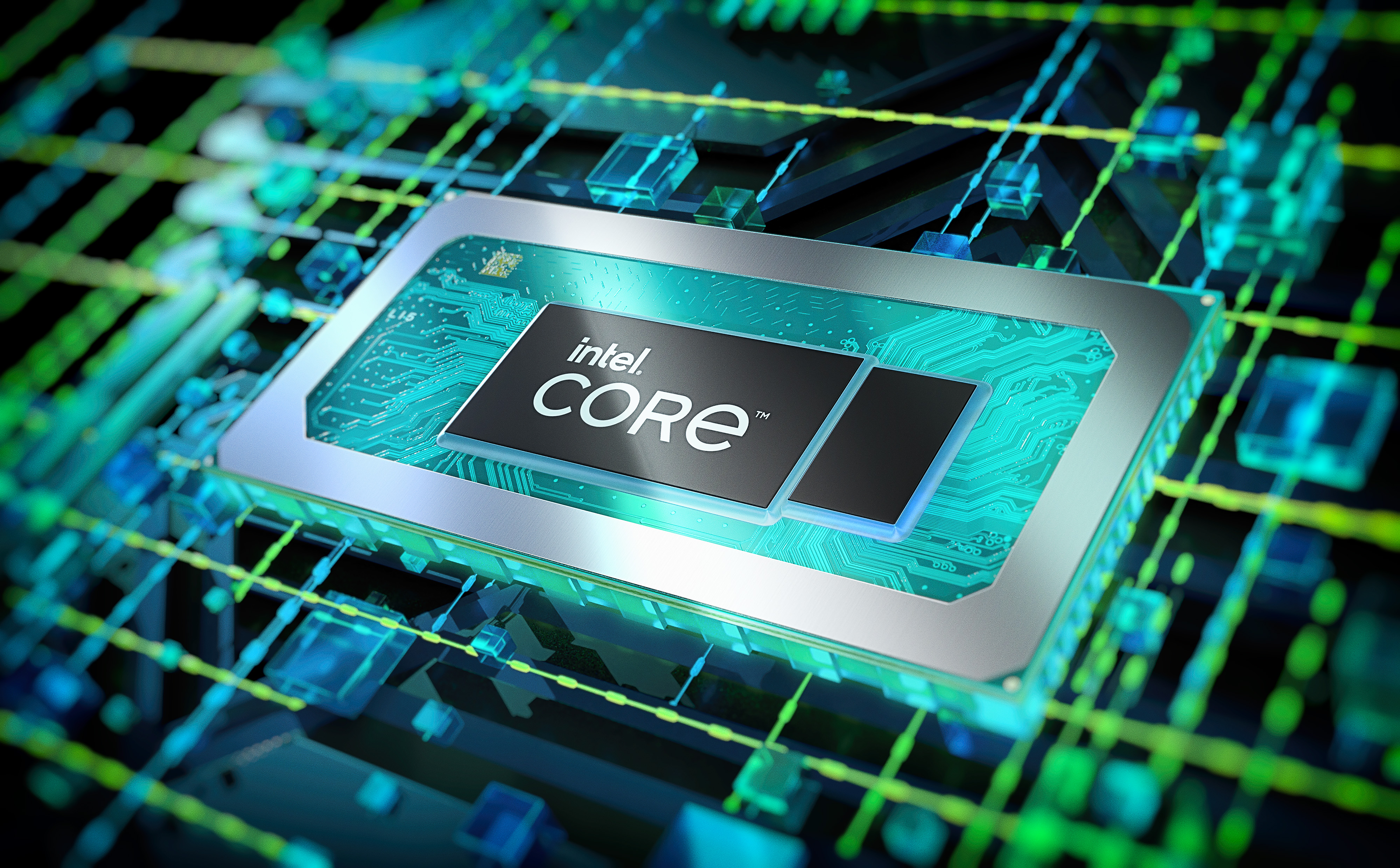
Intel successfully defended its export license to Huawei after rival CPU manufacturer AMD and China critics pushed to get the license revoked, according to a report from Reuters. Thanks to an export license granted in 2019, Intel effectively has an exclusive deal to sell laptop CPUs to Huawei, which AMD says is unfair. The license will lapse later this year and likely won’t be renewed, though Intel has already made hundreds of millions of dollars on CPU sales to Huawei.
Huawei has been a key player in the chip war between the U.S. and China for years. In 2019, it was put on the trade restriction list, and its next-gen HiSilicon Ascend GPU is expected to use a 5nm node despite sanctions designed to make such a thing impossible. However, Huawei isn’t entirely excommunicated from the West. In late 2020, the Trump administration granted several of Huawei’s suppliers special exemptions to ship to Huawei once more.
One of those suppliers is Intel, which sells the laptop CPUs Huawei needs for its laptops. This deal is worth hundreds of millions of dollars, and unsurprisingly, AMD applied for the same license Intel got in early 2021, just after President Biden’s inauguration. However, AMD says it never got a response. To this day, AMD still cannot legally sell CPUs to Huawei, while Intel can, making for what is essentially a completely exclusive export license for Intel.
Consequently, AMD’s market share in Huawei laptops has almost evaporated. An internal AMD presentation claimed the company enjoyed near parity with Intel at a share of 47.1% in 2020, but that fell to 9.3% by the first half of 2023. Similarly, Intel’s market share rose from 52.9% to 90.7%. The presentation claims this created an “estimated revenue discrepancy” of $512 million.
Obviously, AMD claimed this arrangement was extremely unfair and lobbied for Intel’s license to be revoked alongside China critics, who are against export deals in general. On February 28 last year, the Commerce Department said it would review the licenses granted to Huawei suppliers (including Intel) and privately informed companies that the playing field would be even, but Reuters says the Department decided late last year not to change any licenses.
It was unclear to Reuters why AMD’s license application wasn’t approved in the first place and why the Commerce Department’s review didn’t result in Intel’s license being revoked. The publication speculates it could have been in the interest of cooling down relations between the U.S. and China, which have been especially strained due to sanctions levied during the Biden administration.
The multi-hundred-million dollar deal will likely end anyway later this year as Intel’s export license is set to expire. Although Intel could renew it, Reuters says this is unlikely, according to its sources. This does mean that AMD’s efforts to get the license revoked weren’t entirely necessary, but half a billion dollars is no small sum of money, and AMD was probably incensed by what it sees as an unfair arrangement.





